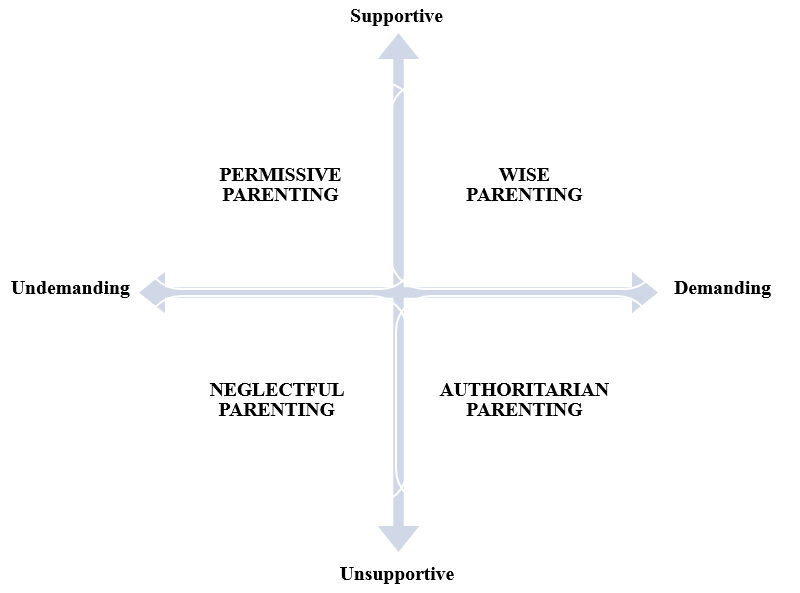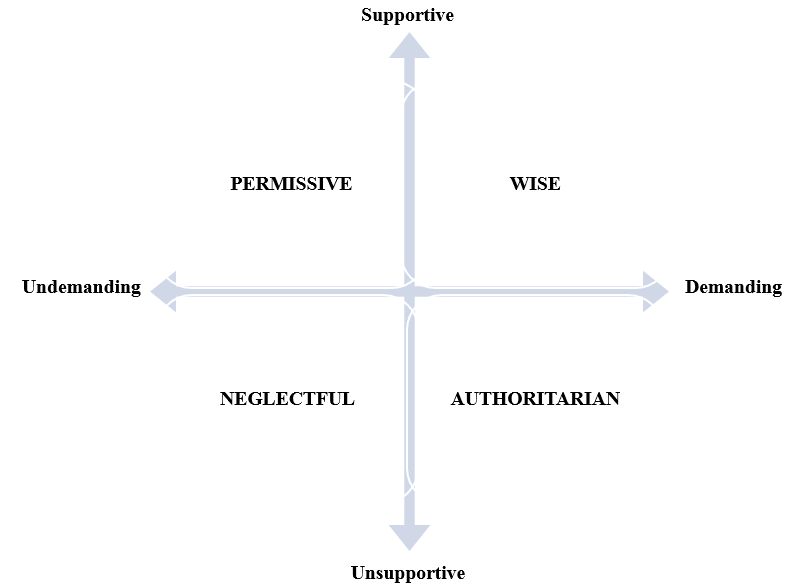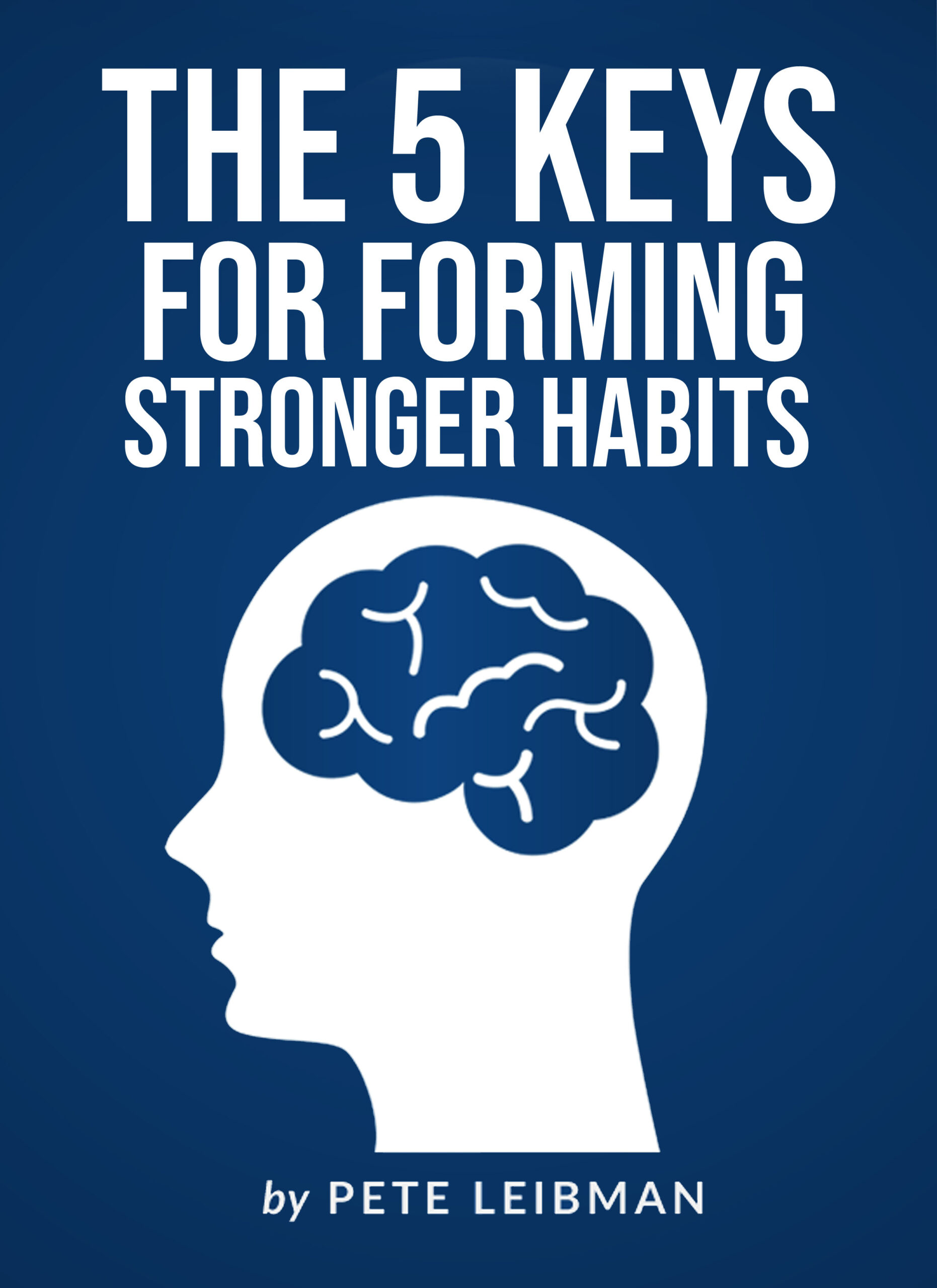
Is it better to be demanding or supportive?
Whether you are a parent, a coach, a teacher, an executive, or any other kind of leader, your answer to this question has a significant impact on your ability to influence other people and to help them reach their full potential. Your answer to this question also has a significant impact on your own ability to reach your full potential.
In Grit; The Power of Passion and Perseverance, Dr. Angela Duckworth discusses the demanding vs. supportive question in regard to parenting styles. She says that it’s common for parents to think that there are only two possible approaches- to either be “permissive” (supportive and undemanding) or “authoritarian” (demanding and unsupportive).
However, she cites research studies and appeals to logic to declare that a third approach- “wise” parenting (being demanding and supportive) – is best. “It’s a common misunderstanding to think about ‘tough love’ as a carefully struck balance between affection and respect on the one hand, and firmly enforced expectations on the other,” Dr. Duckworth writes. “In actuality, there’s no reason you can’t do both.”

This image (featured in “Grit” by Dr. Angela Duckworth) is a visual depiction of the way that many psychologists now categorize parenting styles.
“Wise” Leadership
While I do not have any children yet, the discussion in Grit of parenting styles really caught my attention because of my experience as a coach. When I first started coaching people over fifteen years ago, my style was more “permissive” than “wise.” I heaped praise and support on my clients and made sure to create a comfortable, harmonious environment at all times.
This style was due to two key factors. First of all, I inaccurately believed that 100% positivity was required to help my clients improve their lives. Secondly, I was irrationally worried about challenging people to meet high standards.
One day, one of my clients challenged me. “Pete, you need to be tougher on me,” she said. “I’m capable of much more.”
It was a wake-up call for me. She was right. I was not being demanding enough. This experience helped me realize that you are actually doing someone a disservice if you are supportive and undemanding (“permissive”).
People generally fall or rise to the level of your expectations and standards. Demand too little, and people will perform at a lower level. Demand a lot, and people will perform at a higher level, often much higher than they would have thought possible.
In addition, people typically appreciate when you are demanding, as long as you balance it out with the appropriate amount of support. Of course, this requires skill and judgment in determining how supportive and how demanding you should be with each specific person.
No matter who you want to influence though (whether that’s your children, your coaching clients, your employees, your students, or anyone else), a style that is “wise” is the best approach. The only way to help someone reach their full potential is to be supportive and demanding.
Consider the alternatives. If you are supportive but not demanding, you create an environment where there is comfort and security, but where there are low standards and a lack of accountability. Growth and high performance are unlikely to occur in an environment that is “permissive.”
In contrast, if you are demanding but not supportive, you create an environment where there are high standards, but where effort and achievements are not celebrated or appreciated enough. People are unlikely to feel valued and respected in an environment that is “authoritarian.”

The 4 parenting styles featured in “Grit” can be used as a framework for any kind of leadership.
How “Wise” Are You?
Take a few minutes to reflect on how “wise” you are- both with other people and with yourself. Chances are that you are not demanding enough with certain people and/or that you are not supportive enough with certain people. For example, perhaps you are “permissive” with your children but “authoritarian” with the team that you manage.
You might also find that you are “permissive” with yourself in some areas of your life and “authoritarian” in some other areas of your life. For example, maybe you are “permissive” in regard to your eating habits but “authoritarian” in regard to your work habits.
Here are some questions to ask yourself:
- How demanding and supportive are you with friends and family, and where might it help to be more demanding or more supportive?
- How demanding and supportive are you with the people that you work with, and where might it help to be more demanding or more supportive?
- How demanding and supportive are you with yourself, and where might it help to be more demanding or more supportive?
Summary
Demanding and supportive is the sweet spot for helping other people reach their full potential and for reaching your own potential. Many people believe that they can only be demanding or supportive. In reality, the best approach is to be both.
P.S. If you enjoyed this article, check out my free 40-page eBook and newsletter below.

Free eBook and Newsletter
Download my free 40-page eBook on “The 5 Keys for Forming Stronger Habits.”
You’ll also receive my free weekly newsletter on how to become your strongest self.
Your email is safe. Unsubscribe anytime.
About the author: Pete Leibman is the Creator of StrongerHabits.com. He is a best-selling author, keynote speaker, executive recruiter, athlete, and peak performance coach. His work has been featured on Fox News, CBS Radio, and CNNMoney.com, and over 500,000 people across the world have read his articles.
References for this article:
- Duckworth, Angela. Grit; The Power of Passion and Perseverance. New York: Scribner, 2016.

